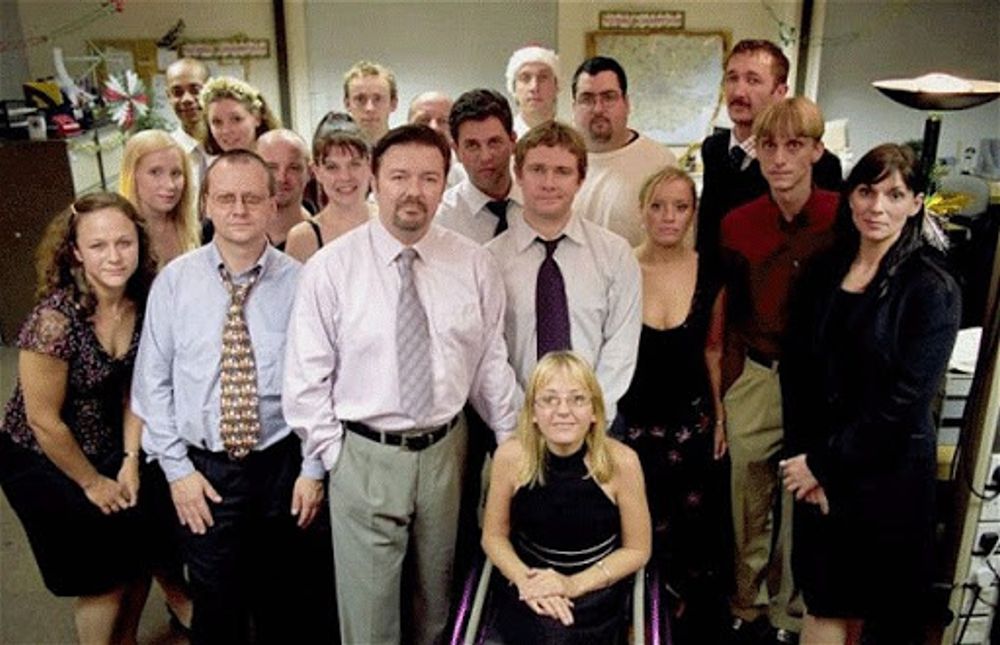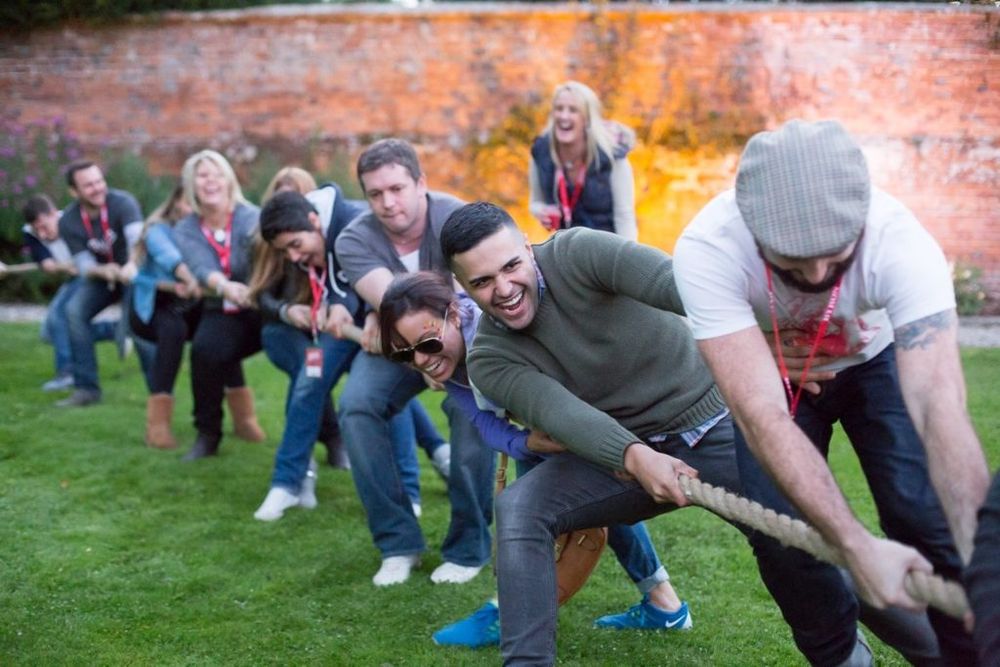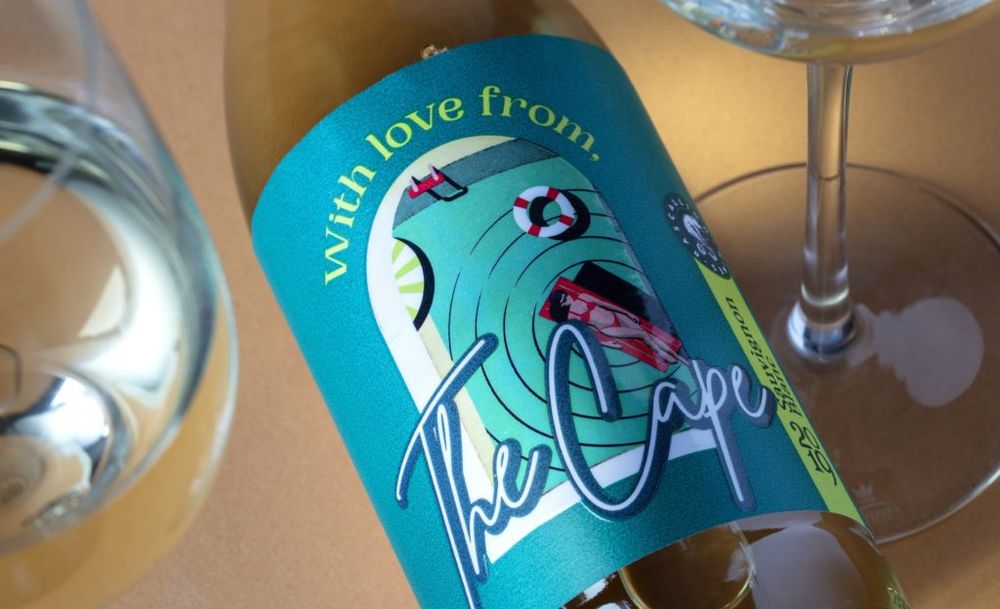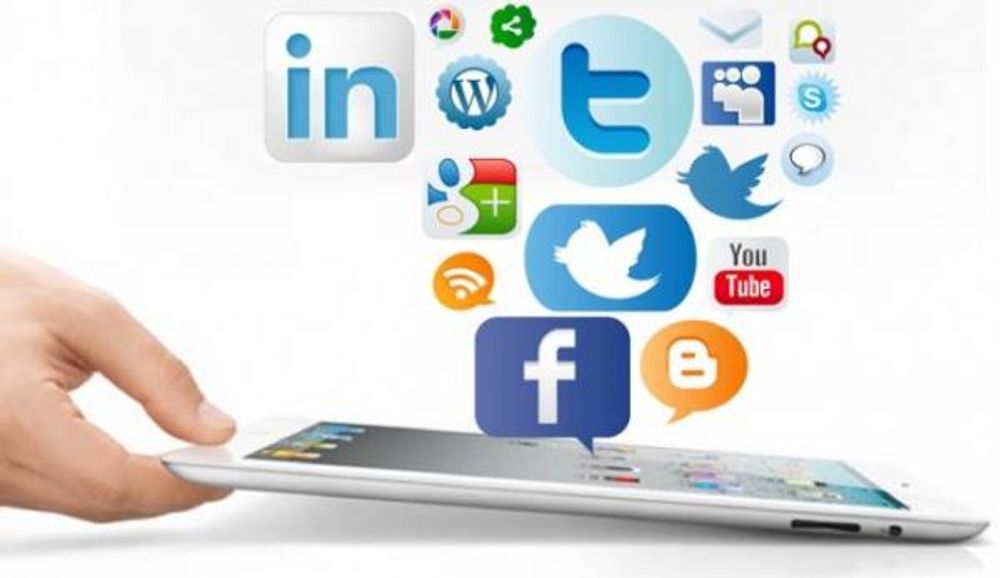Ross Sleet knows he and his wine brand Rascallion are going to have to act very differently in the new, and very different, future that awaits us all once the day-to-day Covid-19 crisis is over.
With the Covid-19 19 virus in our midst, virtually every wine business on the planet has either had to suspend their operations, as we in South Africa have done, or dramatically alter their ways of working. Clearly the wine industry is not alone in this scenario. Many other industries from hospitality to publishing, call centers, banks, supermarkets and pharmacies, have all adopted a so-called “new normal” way of doing business.
This “new normal” comes from either a latent capability that existed but was not being utilised, or a capability that has been rapidly acquired where it didn’t exist previously. The point is that this forced, rapid, evolution if embraced correctly and affordable to your business, can either be the stepping-stone to you reaching another paradigm of operations for your business, or it will lead to competitors taking your market share from under your nose.
So as difficult as it may be whilst we are in the midst of this crisis businesses need to plan now and begin to evolve their businesses to adapt to the new world that will emerge.

Will we all go back to working as before in our various offices or look for a different ways to work
Preparing for the future
It might seem crass at a time when so many people are in dire straits health wise, emotionally, or financially, but the fact remains is that once the crisis has passed in whichever format it takes, is that business will need to continue, hopefully in a very different, more humane and better way. Thinking of elderly and frail consumers and how their shopping needs differ from younger more agile shoppers probably never crossed many peoples mind before this crisis. How essential workers such as nurses, doctors, engineers, train drivers, social workers etc., shop and are forced to conform to the 9 to 5 culture that pervades most of the industrial world, should be rethought.
These workers have literally kept the virus at bay, saved lives, or kept the cogs of our economy going during this difficult time. How will we service them in the future? How should they be serviced in the future? I know that in our business that we will be making a very specific point to ensure that these workers are recognised and appreciated in some way.
A key component of re-engineering your business is to look at where and how you could have secured your business from the economic and psychological effects of the Covid-19 crisis. I am fairly certain there were very few companies in each industry all over the world who had drawn up plans to react to the effects that the virus has had on their businesses. So, a simple reaction to this for the future is to draw up such a plan, now. Don’t wait for the next crisis to emerge.
Time for a plan

What changes can we expect to see to corporate dynamics and cultures when we get used to our new norms
A key component of this plan is securing cash flow, but this needs to be coupled with looking at your company and how it is or isn’t operating, from a cost perspective. I know of at least two examples in separate industries whose entire work forces have been e-enabled and who very likely will never work from an office ever again unless it’s to attend an absolutely vital face to face meeting.
This will have a dramatic impact on working cultures. After all human beings are (mostly) social beings. How do you replace the after-work drinks, the corporate end of year bash, or company team building exercises? Or will this energy and expense be directed towards more personalised and individualised activities? Will people just say no thanks, I’d rather drink at home with my family and friends?
For the wine industry in particular this is a difficult scenario as the industry is so people focused, but for example with the cancellation of ProWein this year, how many people will travel to ProWein 2021? Will many choose to stay at home and force brands to either come to them or conduct business remotely?
All change for brands

Wine brands – like Ross Sleet’s own Rascallion brand – will have to tread a different path in the future to connect with both trade customers and consumers
A direct impact I’m certain for the global wine industry is that selling wine is about to get far more difficult than it has ever been before for brand owners. The grocer and retail buyers will be forced to reduce their supplier bases in order to extract maximum benefit from the SKUs that remain on their shelves.
If you observe the leap in US unemployment figures as well as the many millions of people around the world who have been laid off or furloughed, then it is pretty obvious that consumers are going to be looking for value above all else. For the on-trade, it’s going to be an uphill battle to survive let alone thrive. In inner-city environments where a take-out operation can be sustainable and where there are sufficient feet to remain viable, smart operators will survive. But for more remote outlets or outlets that haven’t differentiated sufficiently, they will struggle to remain open if they don’t get creative.
Many establishments will be reducing their hours, menus, and of course their wine lists in a bid to survive. The number of high-profile casualties is already high. Hotel operators like airlines have been decimated and Travel Retail the same. The new world is pretty scary indeed.
Have to be digital
From a digital perspective, if your business didn’t have a meaningful digital footprint by now, then this is where you should absolutely focus your energy. It doesn’t mean that every wine business needs to sell online, but you do need to point people to where they can buy your product online, or when lock downs finish, offline.

You can’t afford not to be on top of your social media now
Social media channels if they were not before, are now far and above your most important communications channels. In all of this there are challenges and opportunities for many players. That intern with an English major who didn’t know what to do with her degree so she is working in your wine shop, well how can you use her skills to improve your communication to your consumers? Do you know enough about the digital business model to make it work for your business and if not, how are you going to change that knowledge base to your benefit?
It is also crystal clear that as this new world emerges that agility and flexibility are now the most important weapons in your armoury. Choosing to invest in one or other channel is now a matter of business life or death. Your choices will determine your success or failure. Which global markets do you now focus on? Does your importer in country X or region Y possess the tools to help you deliver brand success? Is that huge corporate retailer now worth pursuing, or do you focus on local sales? Is your cellar door equipped to handle the demands that you will now place on it? Are your staff sufficiently trained customer service wise to help you capitalize on your renewed focus?
Long term impact
In all of this the usual human reaction is to change a few things, and then slip back into old ways. But what this crisis has shown is not only is there a global empathy for fellow citizens and those that are suffering like never before, but that we are now so plugged into the global digital economy that surely it is only submariners and isolated tribes in the Amazon who are not aware of the impact that Covid-19 has had on the world.
The key now for businesses and especially for wine businesses due to our often, remote location from markets and consumers, is to make smart decisions on your future that are made with compassion and foresight, but that provide you with flexibility as the new world order emerges. And this new world order will emerge at a different pace in different markets and in different shapes, all over the world.
Monopoly buyers in Northern Europe and North America will react differently to the global travel retail buyers in the Caribbean. Japanese buyers will behave differently to your Middle East buyers, and UK and European buyers will behave differently for the same reasons, as all their realities and ours have been rocked.
Consumers especially will emerge from this experience, which is by no means over for very many people, perhaps more chastened than before, and perhaps more mindful as to what they buy and why. Perhaps this holds the key to the future for wine brand owners?
































